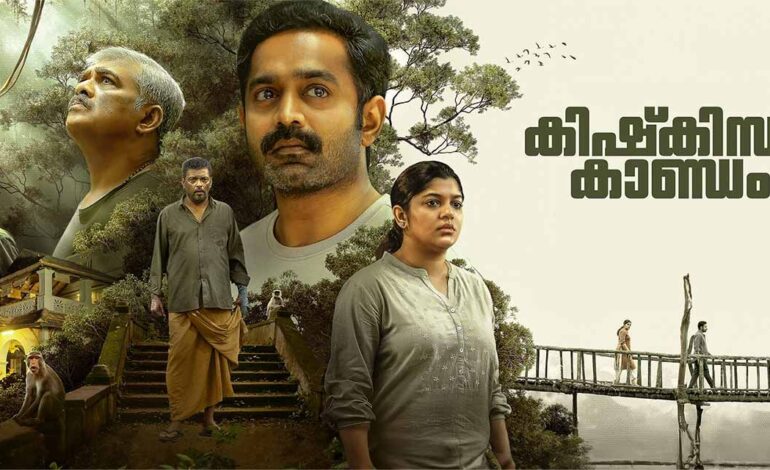
“In each nook and corner
I keep searching for myself.
Sometimes, I sit in a stupor
Staring at the shelf
Where I’d stacked my grey cells
In neat organised rows
Now they lie all scattered
Across the slippery floor”
My first personal contact with someone afflicted with Alzheimer’s was when I went to visit a close friend in her home. Her mother had already slipped into a zone where her reality had very little to do with what the rest of the people around experienced. My friend was her primary care-giver. Most of the time her mother did not recognize my friend as her own daughter. She would keep mentioning people who she may have known in her childhood or youth. There was no way my friend or anyone else, could have travelled to the places she inhabited in her reality at that time.

Her mother had retired as a Reader in the Delhi University. Did she panic in those early days when she realized that the world she was used to till then, was disappearing in phases? Did she struggle to hold on? Who knows?
I had written the lines above, soon after that visit.
When this happens to people, are they better off? Maybe if the memories that remain or they create anew, are pleasant. But what if they get caught in nightmarish images of a particular reality which keeps repeating in a loop? What if they forget what they want to remember and cannot forget what they would have preferred to dismiss as things that never happened?
What happens in that interregnum when everything is fluid? Is there a conscious or sub-conscious effort to preserve only what you want to remember and to petrify the uncomfortable memories and bury it where your mind is never able to dig them up?
All of these thoughts were going around in my mind, even as I was watching the story of “Kishkindha Kaandam” unfold on the big screen.
My word! What a film!!!
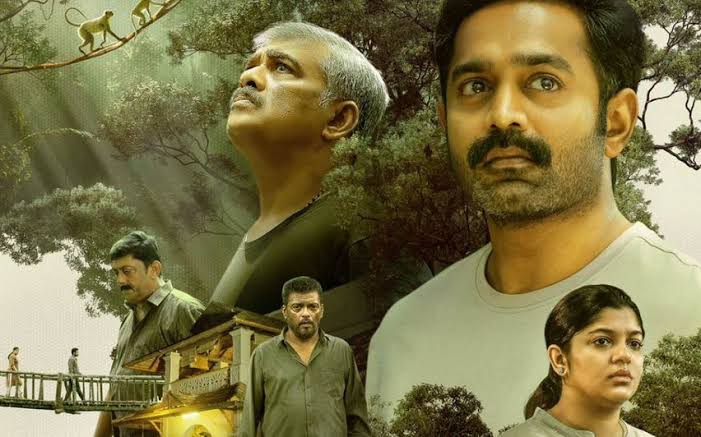
A lost gun belonging to the father of Ajay Chandran, causes some discomfiture on the very day his marriage to Aparna gets registered, with the police turning up at their house to make enquiries and the locals crowding around. Appu Pillai, the father, had retired from the army. The new bride is a little perplexed by her father-in-law’s unwelcoming behaviour. He appears to have a compulsive obsession with guarding the privacy of his room and makes his displeasure very, very evident when he suspects that Aparna had entered his room, some days later.
The possibility of the gun having been picked up by the monkeys that inhabit the numerous trees in the land surrounding the house, is mooted. From there perhaps comes the title of the film, referring to the particular chapter in the epic, “Ramayana”. That is when you come to know that Ajay Chandran had been married before and that he had a son from that marriage. The monkeys used to pick up the toys of his son and leave them amongst the tree branches, he explains to Aparna.
We then also come to know that Aparna was aware of the back story of how he had lost his first wife to cancer and how his son had gone missing at around the same time. It is apparent that she wanted to be included in that emotional terrain in which those events had left him stranded. She sincerely wanted to ease his pain.
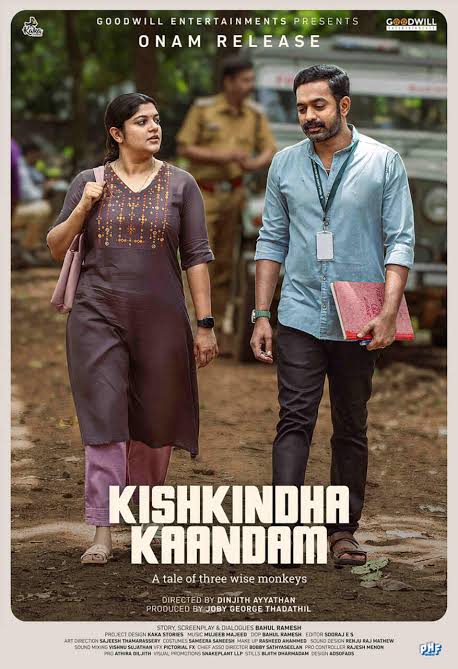
Aparna is an IT professional. She had resigned from her job and was looking forward to spending her days in the verdant surroundings of her husband’s house, which was located next to a Reserve Forest. Her husband was employed in the Forest Department. There is nothing in the script which elaborates on how their marriage had come to be. One just guesses that it must have been an arranged one, from the video call Ajay has with his elder brother, who has been living abroad for many years. The brother seems relieved and happy.
But the back story has so many twists and turns, revealing itself through the intriguing actions of father, his constant habit of making notes in little notepads, his surreptitious trips through the trees to a spot where he is seen burning bundles of papers from time to time, his aggressiveness whenever somebody mentions the lost gun. He couldn’t have been involved in its disappearance, we conclude, as he is seen getting workers to climb the trees in the land holding to search for it, in case the monkeys had left it there. He seems distant and suspicious whenever his old friend from his army days comes to visit him. He makes notes of earlier conversations and arranges the records of every little thing happening in his routine life, in neat orderly stacks. He is angry all the time. He does not go out or even like to make or receive calls on the landline.
Aparna is not able to figure out what is going on with her father in law. She is curious and “trespasses” into his private domain. Somewhere, somehow, she starts to have inkling doubts about the father-in-laws involvement with the disappearance of the child… and the disappearance of the gun too.
Oh well… it wouldn’t be fair to give away the story. Fair enough to say that the script keeps you in knots about the possibilities about what could have happened.
What is remarkable is that the film is able to touch upon the mysterious ways about how our mind works.. how we strive to bury our unpleasant memories, our guilt and fear, even when our mental states are “normal.” It gives us a hint about how much more complicated it can become for someone to hold on to what one had perceived as the reality, till the time aberrations in the lucid state of mind makes the images blurred and unreliable.
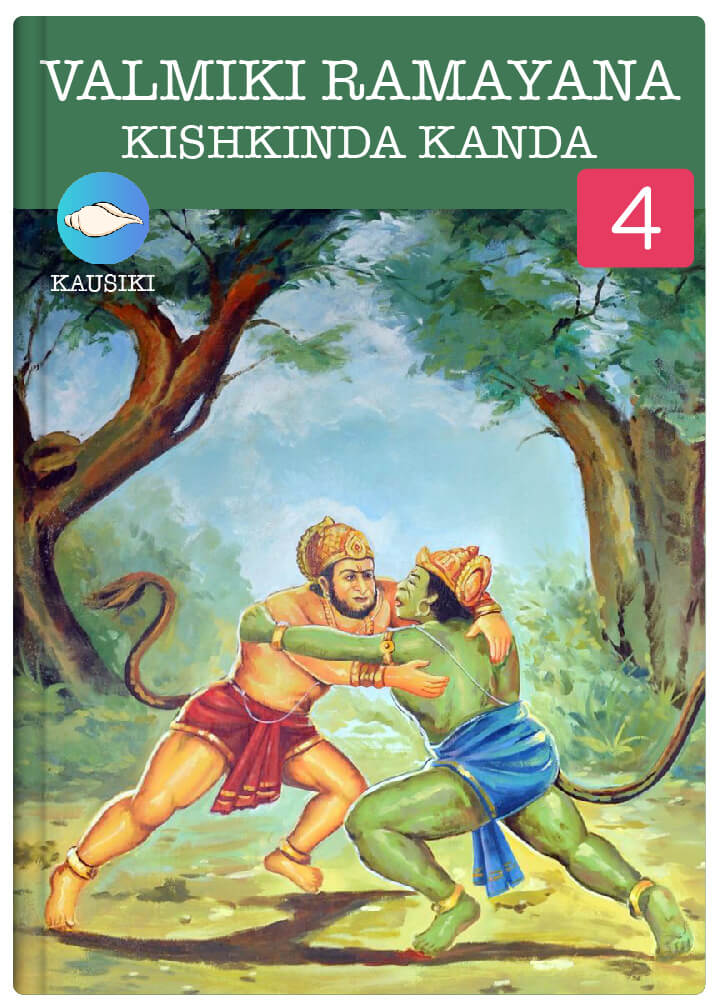
What the father had concluded about what had happened to the child is not clearly stated. Nor is it clear to the viewer whether he was made aware of the actual scenario.
Did both the father and the son come to a tacit understanding that whatever had happened had happened and it was better to let it rest at that? It is clear that the son does not want to dwell on it. He is extremely defensive about his father’s attempts to hide the facts about his memory loss from the outside world. He empathises with his father not wanting the world to remember him as someone who had lost his marbles.
But was he secretly relieved? Did that explain his impatience with Aparna when she becomes too inquisitive?
I could go on. But as I mentioned, I don’t want to give the plot away. Of course some niggling questions will not go away.
One… Why did Asif have to bring in someone to his life, without giving her the whole picture and when he had still not come to terms with all that had happened in his life?
But then again, why not? The human need for companionship, the hope that someone would be there to understand one’s pain, will always be there, isn’t it?
Aparna came across as someone sensible and sensitive and empathetic. Surely, she would have helped him take away his emotional burden. So why didn’t he give her the whole picture?
Or is human nature and behavior always unpredictable, making it difficult for us to unconditionally trust in the responses of another person?
Are we incapable of accepting the truth that we may all act in a particular way, if placed in the same circumstances? But does that knowledge make everything excusable? Ah well ! Now it is your turn to ponder on all that stuff.
Go see the film folks. All avid movie-goers need to mark your selves present at such momentous landmarks of cinema.. not just for the sake of the Malayalam film industry, but for Indian cinema as well.
I confess I am in an enthusiastic mood. So I will go a step further and say.. for the sake of cinema anywhere in the world.
The Producer, Joby George Thadathil deserves a salute for placing his trust in such a project. Everything about the film is top-notch.. the story, screenplay, dialogues & cinematography (Bahul Ramesh), the direction (Dinjith Ayyathan), the editing (Sooraj E.S), the choice of the locale in which the story is set, the music (Mujeeb Majid) and of course the acting.
Asif Ali as Ajay Chandran and Vijay Raghavan in the role of his father, Appu Pillai, are at their best ever. Vijay Raghavan deserves a grade above, for sure. The role of Aparna, is convincingly etched out as well, by Aparna Balamurali.
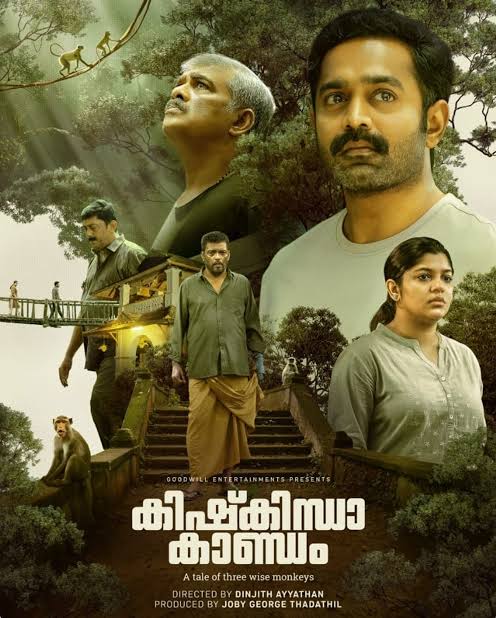
I had first seen Asif in “Rithu”, scripted by Joshua Newton and directed by Shyamaprasad. What an interesting journey since then! It was a pleasant coincidence of sorts, to see Nishan, who also acted in Rithu, play a role in this movie as well.
Malayalam films are going ahead full steam, the best of creative minds finding opportunities to impress the viewers with their novelty and passion for good cinema. And how wonderful it will be if, following the responses to the Hema Committee report, women too can become a part of these exciting times, without fear or favour.
Watch the trailer for the movie here:


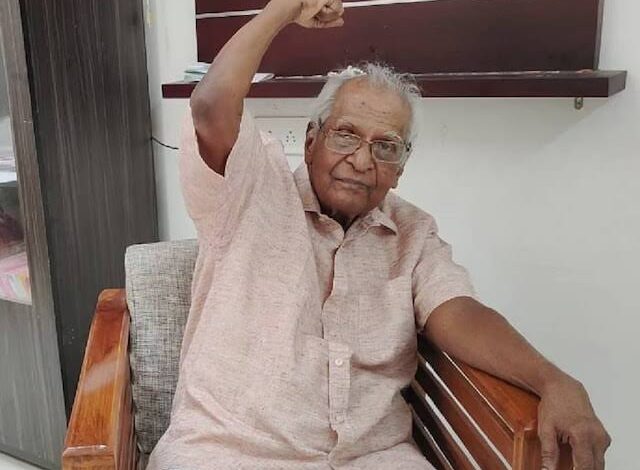
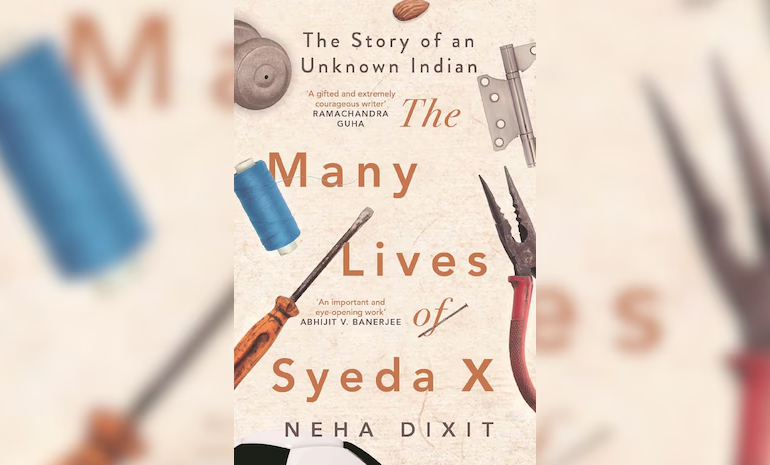
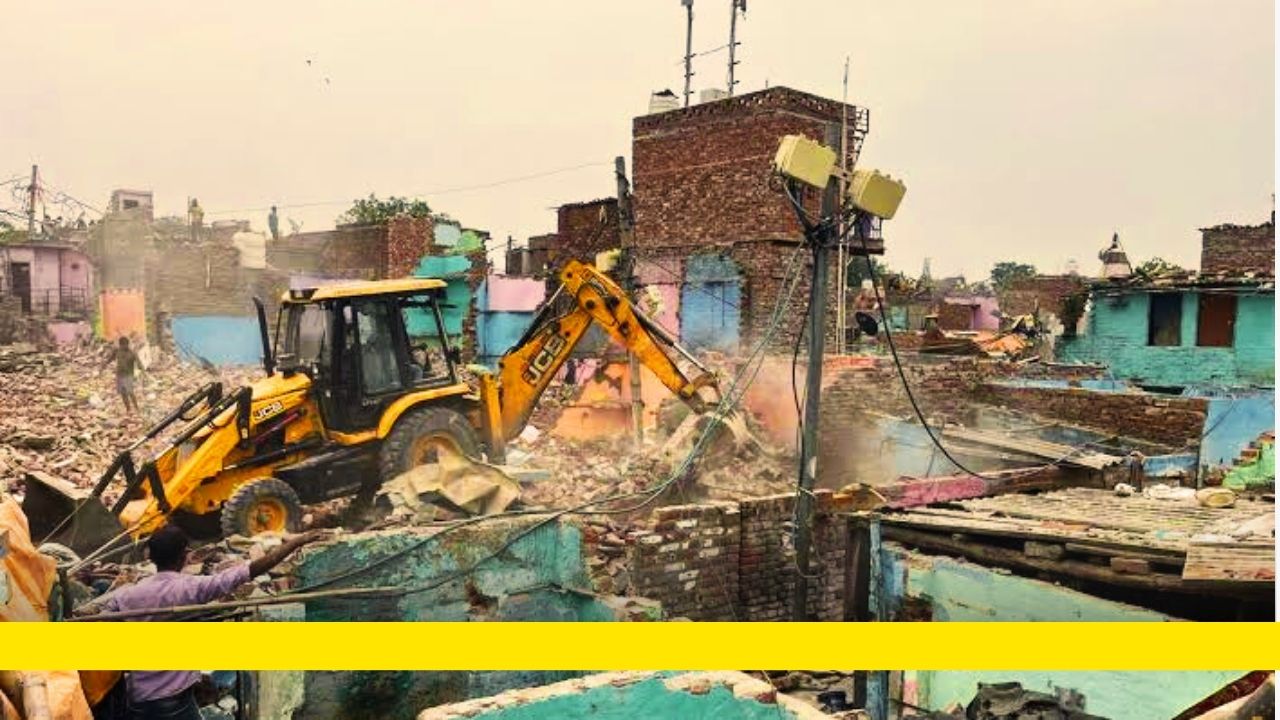


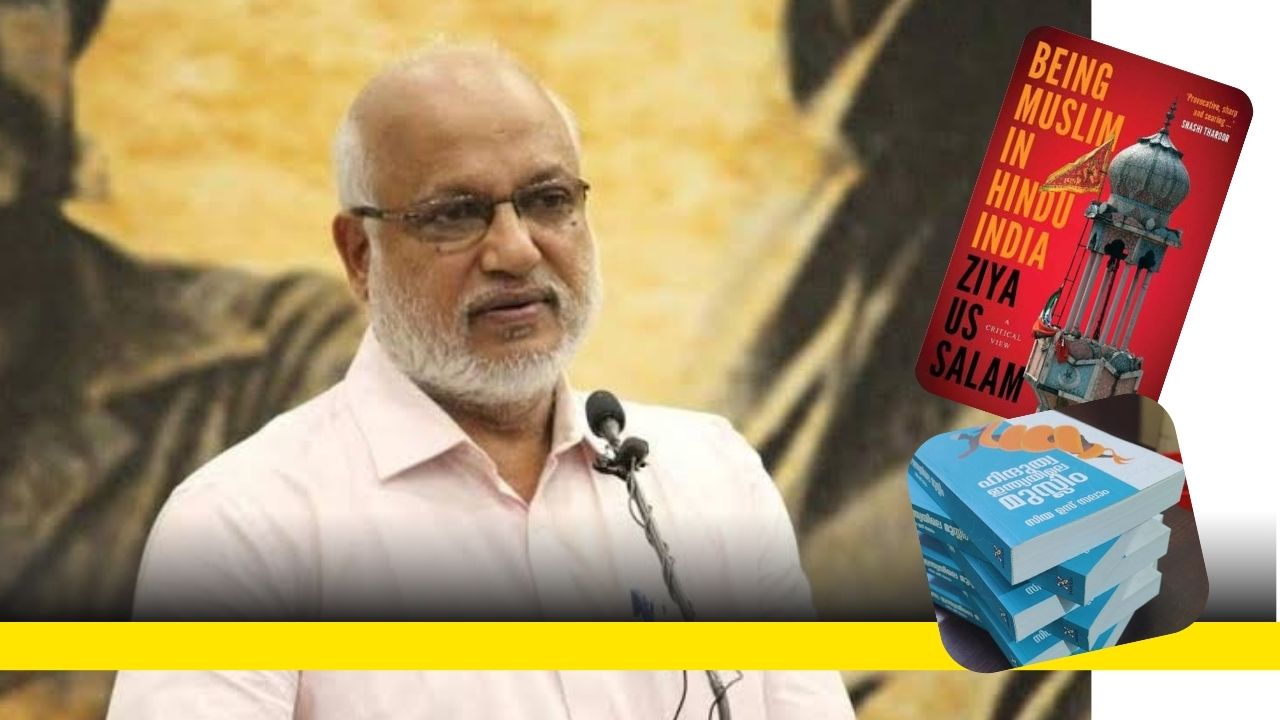




Nacha, I liked the movie, an impressive one, but as a well wisher for the industry I feel the movie has script, dialogue, direction, acting and location all in the right place, but the story has something lacking in it, it is such a missed opportunity! A great story could have put the movie to the next level